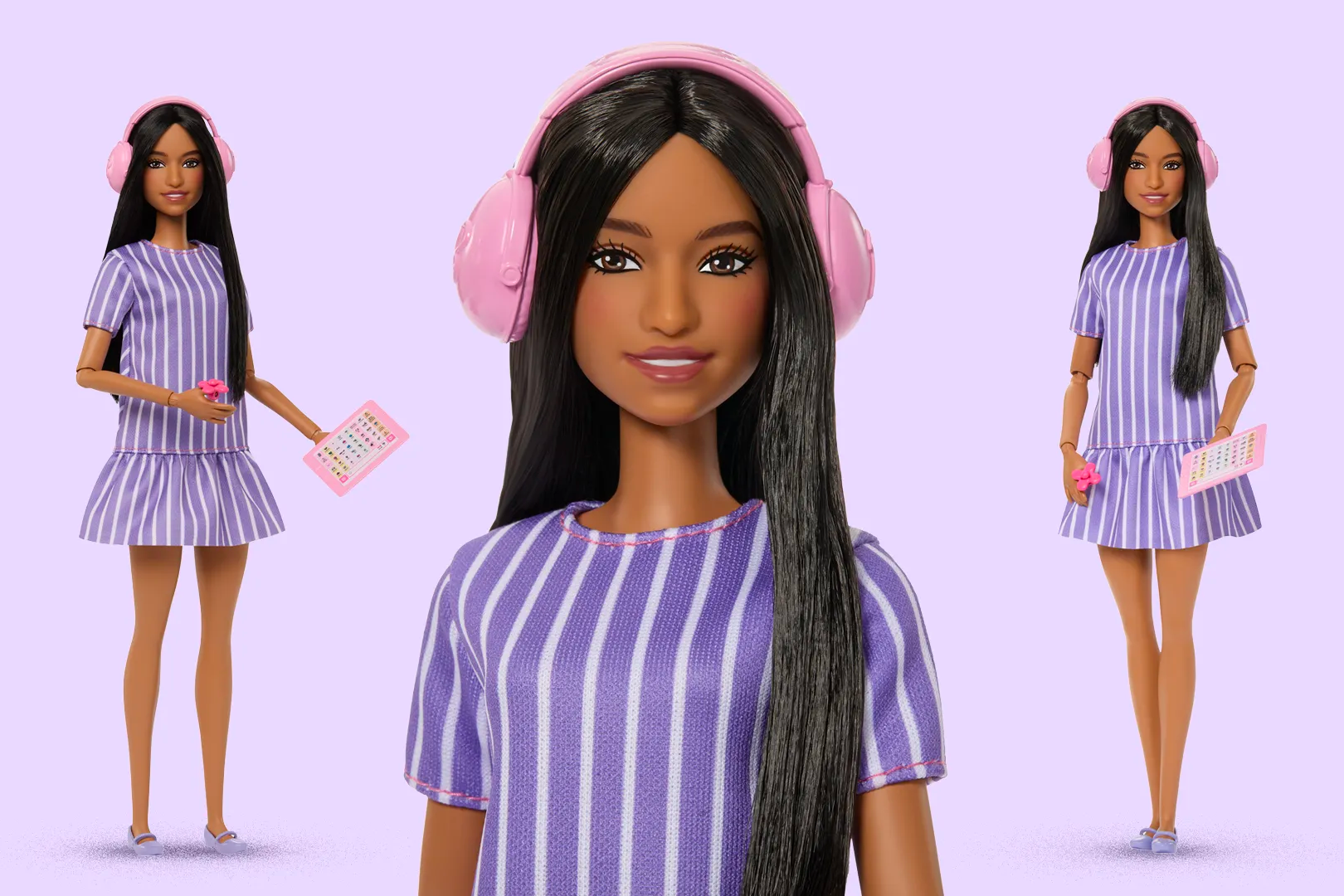Don't Play Us, Pay Us

Many people in the autism community will remember Dustin Hoffmann’s portrayal of Raymond in the movie Rain Man.
It is one of the many movies where people with disabilities have been portrayed by actors who are able-bodied. These movies often reinforce negative and stereotypical myths about people with disabilities – there were many in this one. The best part of the movie for me was its reference to the perfect safety record of our national airline.
People with disabilities are hugely under-represented, both in front of and behind the camera, in movies and on television. A report released by Screen Australia last year confirms this.
When Professor Peter Singer appeared on the ABC’s Q and A last year to discuss his work, which includes euthanasia of some people with disabilities at birth, there was not even a person with disabilities on the panel to refute those views.
So its not surprising that in the new In Darkness film, which portrays the life of a pianist who is blind, Natalie Dormer is playing the role. She will fake blindness.
One of the myths about people who are blind is that we are great musicians. My failure to progress in the music industry from an ordinary rhythm guitarist in a pub band – which earned me a little pocket-money whilst I was at university – puts paid to that. But there are many talented blind pianists who could have played this role. I’m friends with four or five.
And to compound this terrible casting decision, the Royal National Institute of Blind People is helping train Natalie on how to fake her blindness. They have accepted the inappropriateness of the casting, dismissed any of their clients who could have played the role, and reinforced the negative view of people who are blind in the general community. What a terrible trifecta.
That’s why, some years ago, a group of us started the Attitude Foundation. Because we wanted to challenge the negative and limiting assumptions made about people with disabilities by the Australian community. We wanted to show Australians with disabilities doing work, doing community activities, doing loving and parenting, just doing life.
Have you ever thought about the pictures we see of people with disabilities in the media? They, too, reinforce that negative and limiting view of people with disabilities held by the general community. So recently we ran a photo challenge and asked people to submit some positive pictures. Here are some fabulous examples. Feel free to send us more – we aim to build up a library of positive images.
.png)
We aim to produce a television series, showing Australians with disabilities telling our stories, and talking of our achievements. Once again, we aim to change attitudes. We plan for the pilot of this series to go to air next year.
Based on recent research, we know that such documentary series can change attitudes.
Gone are the days where white actors “black up” to play people of colour. And the days where women and people from various ethnic backgrounds were just not seen on our screens, or not seen in significant roles, are on the way out.
Sadly, this is not yet the case for people with disabilities. Our appearances are rare, and when we do appear someone takes our part and fakes our disability. The Attitude Foundation will contribute to changing that. Join us, and help make that change occur.
Written by Graeme Innes,
Australia’s former Disability Discrimination Commissioner,
Chair of the Attitude Foundation,
Failed muso






